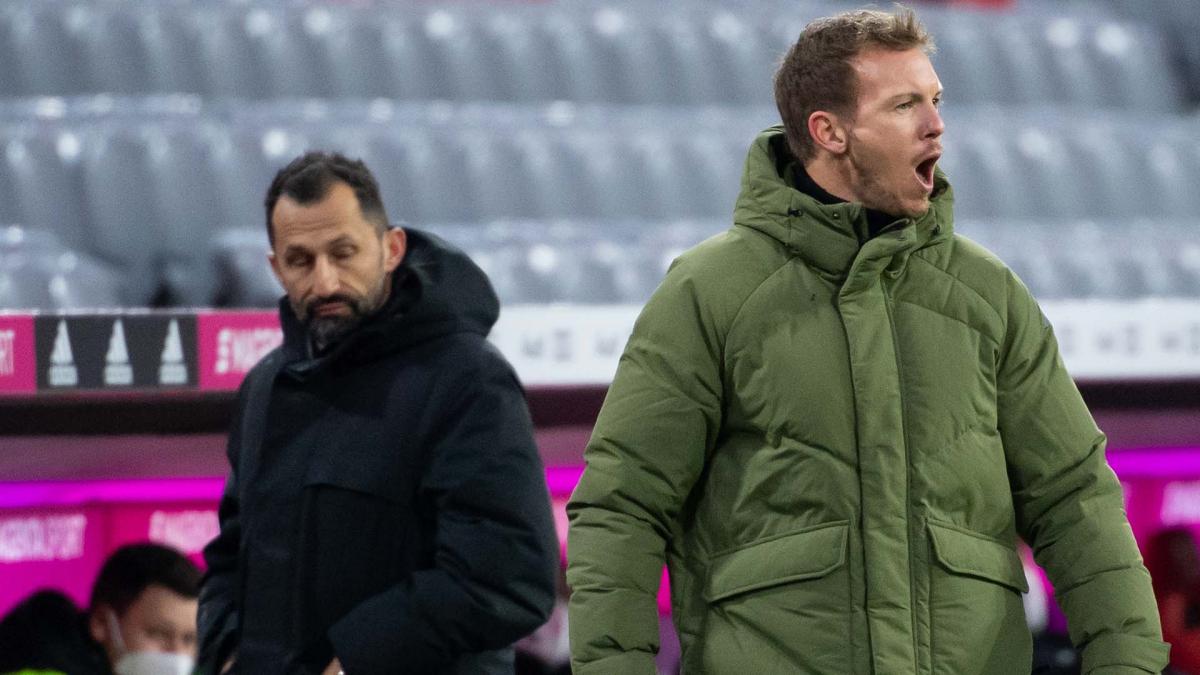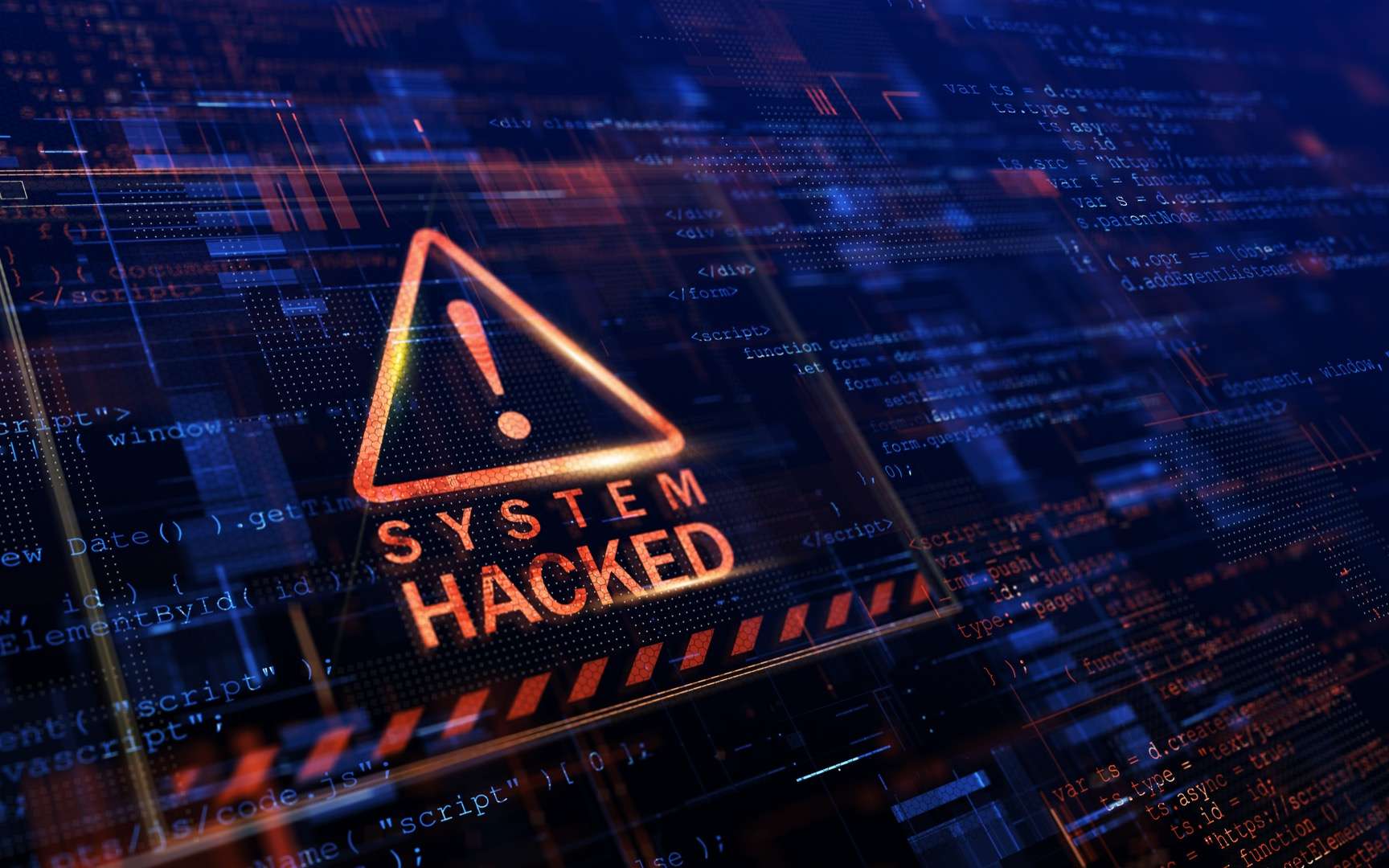

US President Joe Biden during a virtual exchange with Indian Prime Minister Narendra Modi, April 11, 2022 at the White House (AFP/MANDEL NGAN)
Joe Biden and Narendra Modi had a “candid” virtual exchange on Monday, but it did not seem to reconcile positions on the war in Ukraine, a topic that is destabilizing relations between India and the United States.
“It is important that all countries, especially those that influence” Russian President Vladimir Putin, “encourage him to end the war,” US diplomacy chief Antony Blinken told the press after this summit via video conference followed by a meeting in Washington with his Indian counterpart and the defense ministers of the two countries.
“And it is also important that democracies (…) speak with one voice to defend the values we share,” he added.
The Biden administration, which has made India a pillar of US alliances in the Asia-Pacific zone against China, has been ashamed of New Delhi’s positioning since the start of the war in Ukraine.
Narendra Modi’s government has refrained from publicly condemning the Russian invasion and from participating in the UN vote.
During his talk with Joe Biden, the Indian prime minister limited himself to describing the situation in Ukraine as “deeply worrying”, recalling his support for the Russo-Ukrainian negotiations, which Washington in turn views with skepticism.
Plagued by questions about this lack of conviction, Indian diplomacy chief S. Jaishankar did not hide an ounce of annoyance. “Thank you for your advice and suggestions, but I prefer to do it my way,” he told a journalist during his press conference with Antony Blinken.
And while the US president has warned that it would not “be in India’s interest” to accelerate Russian energy imports — which would partially offset the cut in Western purchases — the Indian minister was equally scathing. “Our purchases in a month are probably lower than in Europe in an afternoon,” he replied.
Thus, the nearly hour-long conversation between Joe Biden and Narendra Modi was “warm” but above all “candid,” according to a senior White House official, who used this adjective repeatedly to translate, in diplomatic language, a certain tension.
– “Critical” Partnership –
Failing to win this important ally to his cause, Washington appears to be multiplying the promises of friendship to avoid gradually falling into the Russian camp, which is also courting him.
At the beginning of the virtual meeting, Joe Biden praised the “deep connection” between the two countries and, in front of a large screen on which Narendra Modi appeared, expressed his desire to “continue” the “close consultation” on Ukraine.
“This is an important moment in world affairs and I think this partnership is therefore even more important and vital,” continued Antony Blinken.
The United States, aware of India’s reliance on Russia for military equipment against the background of the close ties it inherited from the Cold War, knows it cannot rush this publicly.
Therefore, after claiming at the outset of the war that every country should take a clear stance, the US government pretended to understand India’s prudence, although it raised its voice more clearly against China.
“India has to make its own decisions in the face of this challenge,” noted Antony Blinken, without criticizing it head-on. Rather, he acknowledged that she had “condemned the killing of civilians in Ukraine” while providing “significant humanitarian aid”.
Likewise, he repeatedly pointed out that while Indo-Russian relations were much older than those between Washington and New Delhi, the latter is now developing at lightning speed.
Disagreeing on the war itself, the American and Indian leaders have therefore emphasized their common desire to mitigate its effects on the global economy and on other common grounds, in particular the signing of a cooperation agreement in the field of space travel.



